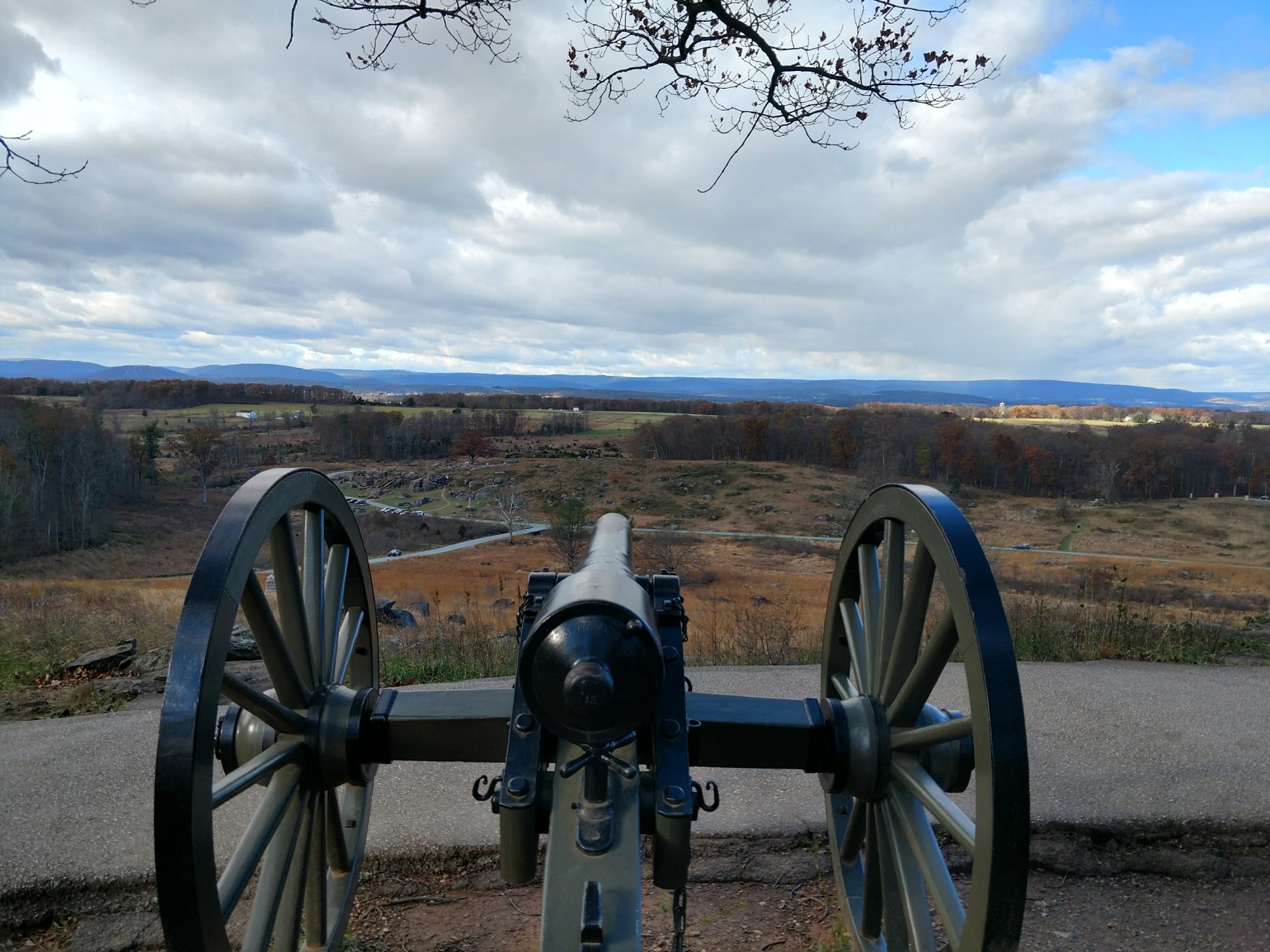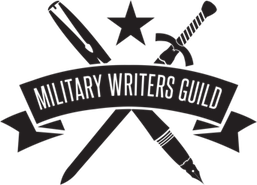I don’t remember much about the day we went to war with Iraq for the second time. A senior in high school, I recall feeling excited about the idea of war although I only knew of war from books. I was too young to remember much of the Persian Gulf War beyond some blurry images of desert uniforms on a TV screen. War, to me, meant something grand and heroic, like World War II. If I’d actually listened to the words of the World War II veterans I used to talk to, maybe I would’ve thought differently.
But it was 2003, and I was a teenager, and we were the United States: it was our duty to go out there and protect other nations, and to do that, we had to address threats before they emerged. After all, as the slogan went, it was better to fight them over there rather than over here. Of course, I had no idea who “they” were, or what fighting them “over there,” would look like after the initial push. I followed the news excitedly: the invasion, the fall of Baghdad, the occupation. It was all “cool,” from 7,000 miles away.
The year I went to college, I got a visit from an Army recruiter. He told me about his time in Bosnia, talked it up, got me interested. But although I was a dedicated conservative and was as pro-war as they came – or so I thought – I opted for college instead. My university was a conservative Christian bubble; I think I could count the Democrats I knew on one hand. So we all told each other what we wanted to hear: that things were going well “over there,” that sooner or later we would turn the corner, that the media always made it out to be worse than it was. One of my history professors told us not to worry because the insurgents were only averaging kills of three U.S. troops a day, compared to the eighteen a day in Vietnam. We nodded, and laughed, and thought, “Of course, this is just how the war is, some people have to die.” But we didn’t get around to thinking what these young men and women were dying “for.” Freedom, I suppose we would’ve said; self-determination for the people of Iraq. Ironic, really, considering that my history degree was waving failed experiments at democracy in my face on a daily basis.
So we would argue with those invisible “liberals” that we scoffed at, or the few Democrats or libertarians who were brave enough to stand up to the majority of Republicans. And yet…there was always something nagging. Something saying, “This doesn’t feel right.” It would grow stronger when we heard about things like Abu Ghraib or U.S. troops killing civilians. For me, Iraq was never a “good” war. Oh, I would argue just war theory all day long, but I knew it didn’t meet any of the criteria that I felt counted as a strong Catholic. Afghanistan was more comfortable. There was a cause, a “crusade,” as T.R. Fehrenbach mentions in This Kind of War, his work on the conflict in Korea. He argued that the American people like to go to war for causes: the Civil War – restore the Union and end slavery; World War I – make the world safe for democracy; World War II – end the evil of Nazism and the Japanese Empire. But Korea, he posits, was different; Korea was a war of policy, not a crusade. And while I could feel that idea of a just cause for Afghanistan, the blatant war of policy bled through the facade of the war in Iraq.
Yet, for all that, I enlisted in 2008. Still a hardcore conservative (I recall arguing vehemently against another trainee at basic training over his insistence on government-sponsored healthcare), I saw it as the right thing to do. I’d been friends with Iraq veterans during college and they didn’t sway me not to enlist. Some shrugged when I asked them about their experiences. “Waste of time,” one Army veteran said. Marine veterans were generally more gung-ho, it seemed. One day at Mass, the microphone popped and one of my Army vet friends dived under the pew, emerging sheepishly to say that he wasn’t quite over it yet. I didn’t know what “it” meant.
As an infantryman, I did my basic and advanced training at Fort Benning, Georgia. There I met drill instructors with multiple combat tours to Iraq and Afghanistan. They’d been shot, blown up, watched friends die. I began to get a feel for the wars. Of course, it wasn’t until we’d graduated that it began to sink in. Like when I learned my bunkmate was killed by an IED in Mosul, or that one of my friends had died in a “non-combat accident” in Kuwait.
I say all this not to try to demonstrate my grand “Aha!” moment when I realized that the conflict in Iraq was wrong, but as a way for me myself to come to an understanding of how exactly I feel about it. Fifteen years on, and I can objectively say that it has caused a great deal of harm in the world, both here and in the Middle East. But as an historian, I can’t say “it was the wrong decision,” because we simply don’t know that. It was likely the wrong decision, or the worse decision out of available options. But I come back to the mantra that I used once I was in the military and people wanted to debate me about Iraq: no matter the reasons for war, just or not, it happened, and we have to live in the world that we created with the Iraq war.
And for me, that brings about a certain clarity. While I’m still unsure about whether the invasion was the right thing to do at the time, I am damn sure that we should not attempt something like it again. To live in the post-Iraq war world is to live in a world where the surge to make war should never overtake all available options if facing a non-existential threat. It means that we should be, as a nation, more thoughtful, introspective, and educated. More aware that money and military force cannot solve all problems. The conflict has left a burning scar across the world, with empty spaces in the fabric of history in hundreds of thousands of households. That is the legacy of the Iraq. We should create no more like it.
Enjoy what you just read? Please share on social media or email utilizing the buttons below.
About the Author: Angry Staff Officer is an Army engineer officer who is adrift in a sea of doctrine and staff operations and uses writing as a means to retain his sanity. He also collaborates on a podcast with Adin Dobkin entitled War Stories, which examines key moments in the history of warfare.
Cover image: U.S. Navy Hospital Corpsman HM1 Richard Barnett, assigned to the 1st Marine Division, holds an Iraqi child in central Iraq on March 29, 2003. REUTERS/Damir Sagolj




3 Replies to “The Iraq War, 15 Years On”
Comments are closed.